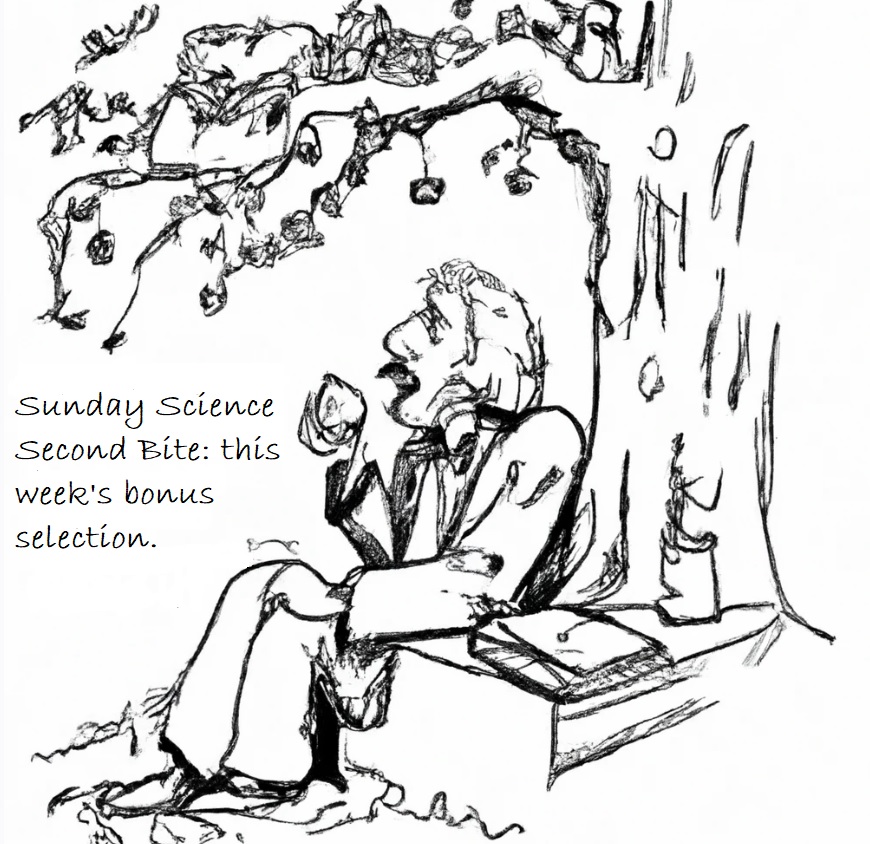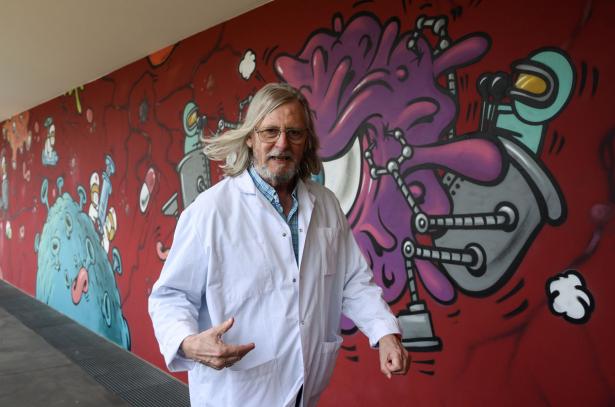Sunday Science: Infamous Paper That Popularized Unproven COVID-19 Treatment Finally Retracted
Related article:
‘Failure at every level’: How science sleuths exposed massive ethics violations at a famed French institute
By Cathleen O’Grady
7 Mar 2024
A 2020 paper that sparked widespread enthusiasm for hydroxychloroquine as a COVID-19 treatment was retracted today, following years of campaigning by scientists who alleged the research contained major scientific flaws and may have breached ethics regulations. The paper was pulled because of ethical concerns and methodological problems, according to a retraction notice.
The paper in the International Journal of Antimicrobial Agents (IJAA), led by Philippe Gautret of the Hospital Institute of Marseille Mediterranean Infection (IHU), claimed that treatment with hydroxychloroquine, an antimalarial drug, reduced virus levels in samples from COVID-19 patients, and that the drug was even more effective if used alongside the antibiotic azithromycin. Then–IHU Director Didier Raoult, the paper’s senior author, enthused about the promise of the drug on social media and TV, leading to a wave of hype, including from then–U.S. President Donald Trump.
But scientists immediately raised concerns about the paper, noting the sample size of only 36 patients and the unusually short peer-review time: The paper was submitted on 16 March 2020 and published 4 days later. On 24 March, scientific integrity consultant Elisabeth Bik noted on her blog that six patients who were treated with hydroxychloroquine had been dropped from the study—one of whom had died, and three of whom had transferred to intensive care—which potentially skewed the results in the drug’s favor. Larger, more rigorous trials carried out later in 2020 showed hydroxychloroquine did not benefit COVID-19 patients.
Critics of Raoult’s paper have pointed out more damning problems since. In an August 2023 letter published in Therapies, Bik and colleagues noted the cutoff for classifying a polymerase chain reaction test as positive was different in the treatment and control groups. The letter also raised questions about whether the study had received proper ethical approval, and noted an editorial conflict of interest: IJAA’s editor-in-chief at the time, Jean-Marc Rolain, was also one of the authors. (A statement saying he had not been involved in peer review was later added to the paper.) The letter called for the paper to be retracted.
The retraction notice states Elsevier and the International Society of Antimicrobial Chemotherapy, which co-own the journal, decided to retract the paper because of ethical issues, “as well as concerns raised by three of the authors themselves regarding the article’s methodology and conclusion.”
An investigation by Elsevier could not establish whether the researchers had obtained ethical approval for the study before recruiting patients, nor whether the patients had given informed consent to be treated with the antibiotic azithromycin. This medication would not have been part of standard care for these patients in France at the time, the investigation concluded, so would have been considered an experimental treatment that required consent.
According to the notice, the three authors who raised concerns about the paper “no longer wish to see their names associated with the article.” Gautret and several other authors told the investigators they disagreed with the retraction, and the investigators did not receive a response from Raoult, the corresponding author. To date, 32 papers published by IHU authors have been retracted, 28 of them co-authored by Raoult, and 243 have expressions of concern.
In a press release, the French Society of Pharmacology and Therapeutics says the now-retracted study was the “cornerstone” of a scandal that saw millions of people take hydroxychloroquine unnecessarily, endangering patients who experienced side effects including heart attacks. “This series of events serves as a reminder of an essential point when it comes to medicines: Even in times of health crisis, prescribing medicines without solid proof of efficacy, outside the rigorous framework of well-conducted clinical trials, remains unacceptable,” the society says. “One of the fundamental principles of medicine—primum non nocere (‘first, do no harm’)—has been sacrificed here, with dramatic consequences.”
doi: 10.1126/science.z8aky7n
Cathleen O’Grady is a South African science journalist based in Scotland. She has a Ph.D. in cognitive science from the University of Edinburgh, where she studied evolutionary linguistics at the Centre for Language Evolution. Her work has appeared in The Atlantic, National Geographic, FiveThirtyEight, Hakai, and The Guardian, among others. Cathleen covers behavioral and life sciences, climate and environment, and science policy.
The Science family of journals is published by the American Association for the Advancement of Science (AAAS), the world’s oldest and largest general science organization. The nonprofit AAAS serves 10 million people through primary memberships and affiliations with some 262 scientific societies and academies.
A voice for science and scientists everywhere, AAAS fulfills its mission to “advance science and serve society” by communicating the value of science to the public, helping governments formulate science policy, promoting advancements in science education and diversity, and helping scientists develop their careers.



Spread the word